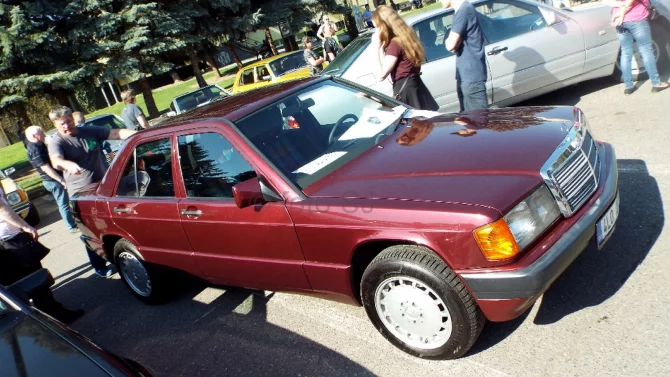(Releads adding trade, analyst comment, background)
By Martin Dokoupil
BRATISLAVA, Nov 10 (Reuters) - Slovakia's foreign trade deficit widened sharply in September, offsetting positive data that showed easing inflation and pushing the crown currency down from this week's record high against the euro.
The Statistical Office said on Friday the foreign trade gap in September hit 9.46 billion crowns ($334.9 million), well above with the average market forecast of a 2.1 billion crown deficit. The gap was 2.35 billion in August.
The office also said annual inflation eased to a 10-month low of 3.7 percent on the year in October thanks to the fading impact of energy price increases from last year. Inflation was 4.6 percent in September.
"It (the trade result) is a big surprise. We might see a crown correction, which had been looming and this can start it off," said Miroslav Plojhar, chief economist at Citibank Prague.
The crown has outperformed regional peers this year, buoyed by a bullish regional mood, hopes Slovakia will remain on track for 2009 euro adoption, and expectations of a smaller trade gap.
It hit a lifetime peak of 36.001 per euro <EURSKK=> on Wednesday but fell after the trade data to 36.230 per euro, from 36.160 shortly before the release.
Data showed export growth pace decelerated to 21.9 percent year-on-year in September from 33.2 percent in the previous month, while imports increased to 28.4 percent from 35.4 percent. The office will release more detailed data next month.
Economists expect exports to pick up speed again in the coming months as car production in new plants accelerates.
"Export growth should improve more and more, or at least it should not fall. But there is a problem with imports," said Tatra Banka analyst Juraj Valachy.
"We were counting on technology imports for Kia and PSA factories to be over but it seems the imports continue, and by their suppliers as well. A decline in oil prices has been also probably not been reflected yet in import prices," he said.
October's decline in annual consumer inflation brought no surprise for the market with the headline figure coming a notch above the consensus forecast of 3.6 percent.
"The annual decline is because of the base effect, when prices of energies rose significantly in October 2005," said Silvia Cechovicova, analyst at CSOB bank in Bratislava.
"We still expect an increase in interest rates by 25 basis points in November, which we would consider an end of the monetary policy tightening cycle," she said.
The NBS has lifted interest rates by 175 basis points to 4.75 percent this year due to uncertainty over oil prices and risks of demand-led pressure on shop prices.
Slovakia needs to slash inflation further down to keep alive its ambition to adopt the euro in 2009. ((Reporting by Martin Santa and Martin Dokoupil; Editing by Chris Pizzey; Reuters Messaging: martin.dokoupil.reuters.com@reuters.net; +421 5341 8402))
Keywords: ECONOMY SLOVAKIA CPI




 Čínský obr BYD vstoupil na český trh se třemi modely a s velkými plány
Čínský obr BYD vstoupil na český trh se třemi modely a s velkými plány
 Jakmile řidič přijde o řidičák v zemi EU, zákaz řízení bude platit všude. Změna sjednocuje pravidla
Jakmile řidič přijde o řidičák v zemi EU, zákaz řízení bude platit všude. Změna sjednocuje pravidla
 Výrobce luxusních elektromobilů spustil svolávací akci na tisíce svých aut. Problémy dělá banalita za pár korun
Výrobce luxusních elektromobilů spustil svolávací akci na tisíce svých aut. Problémy dělá banalita za pár korun
 I malý mercedes je pořád mercedes: Řada W201 přinesla po třiceti letech kompaktní řadu!
I malý mercedes je pořád mercedes: Řada W201 přinesla po třiceti letech kompaktní řadu!
 Test Renault Symbioz: Nenápadný, s překvapivým talentem a za dobrou cenu
Test Renault Symbioz: Nenápadný, s překvapivým talentem a za dobrou cenu
